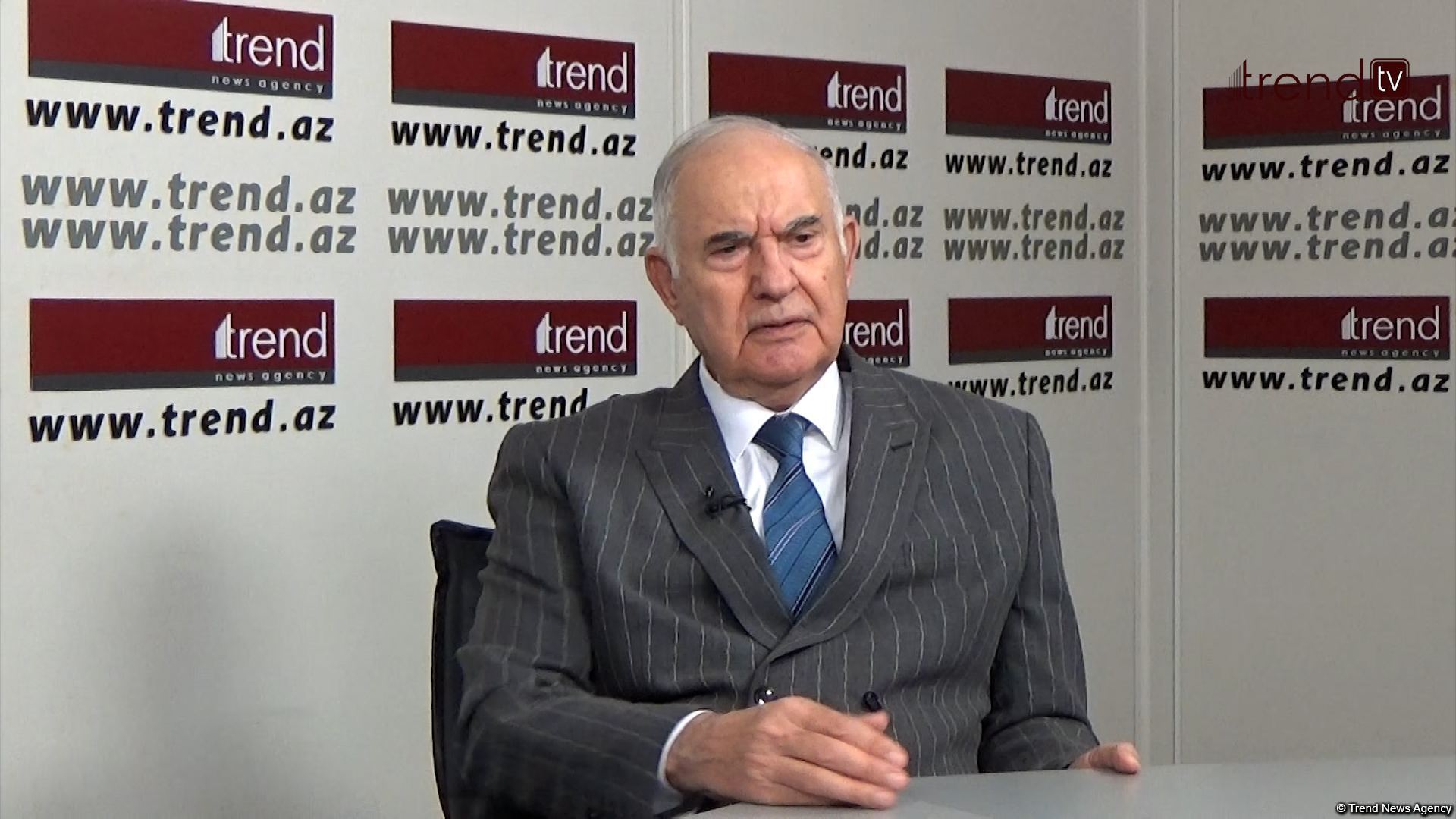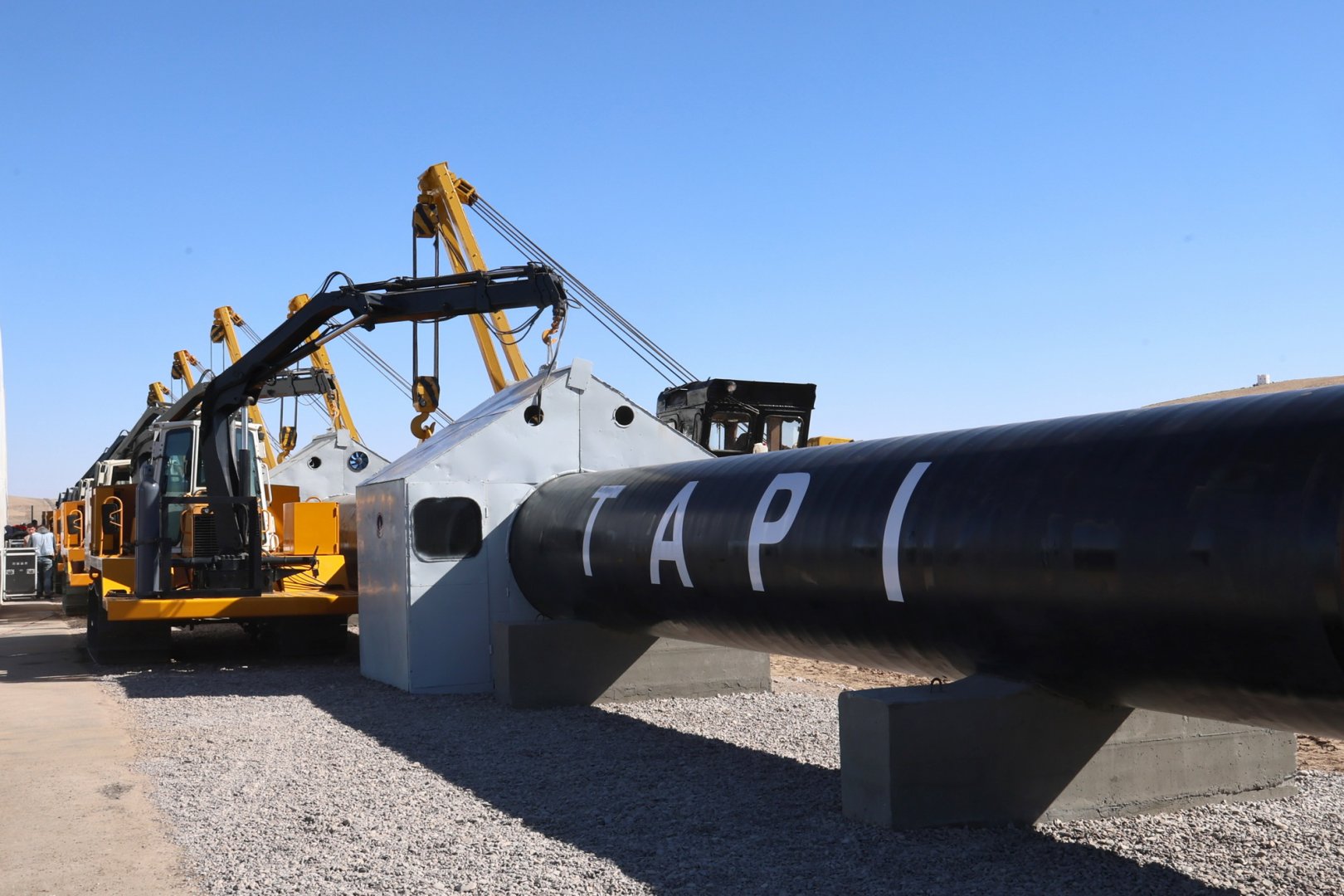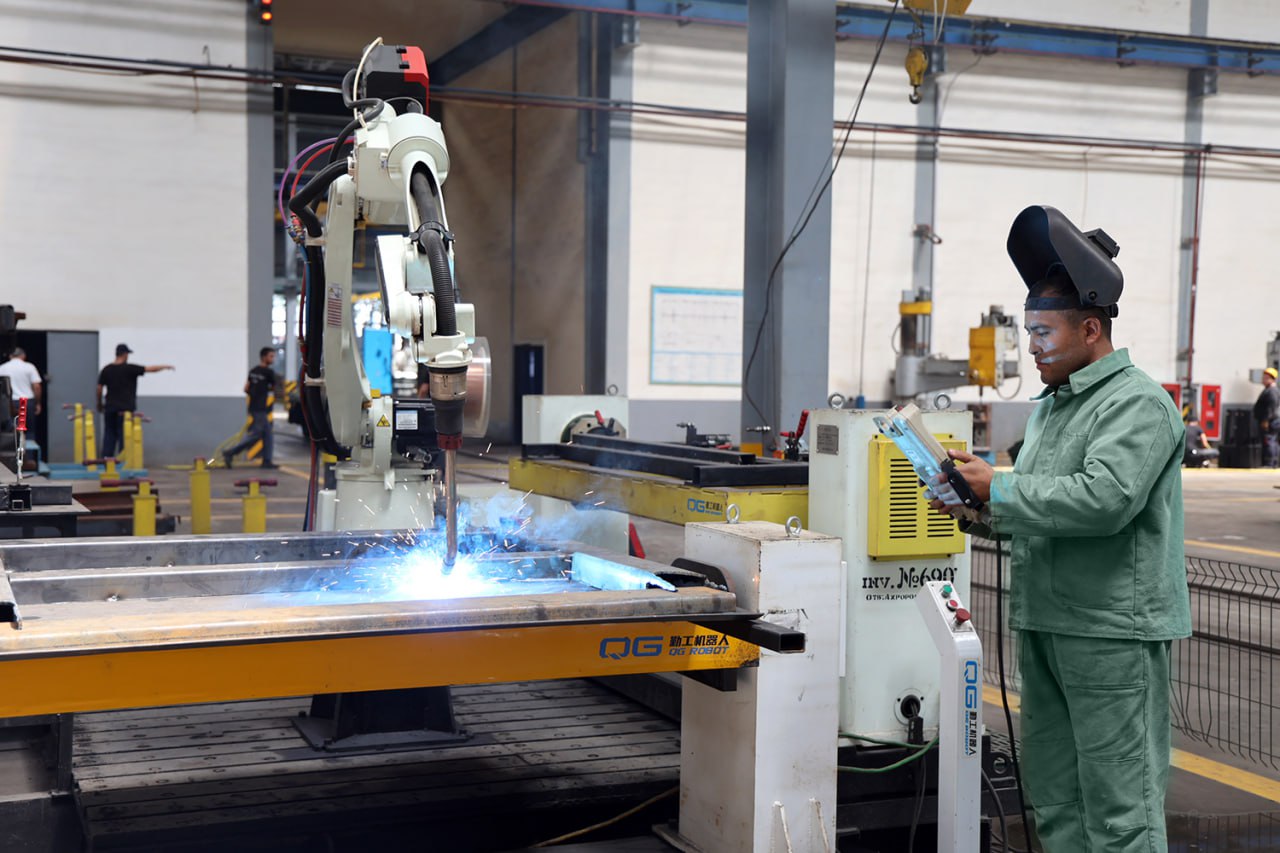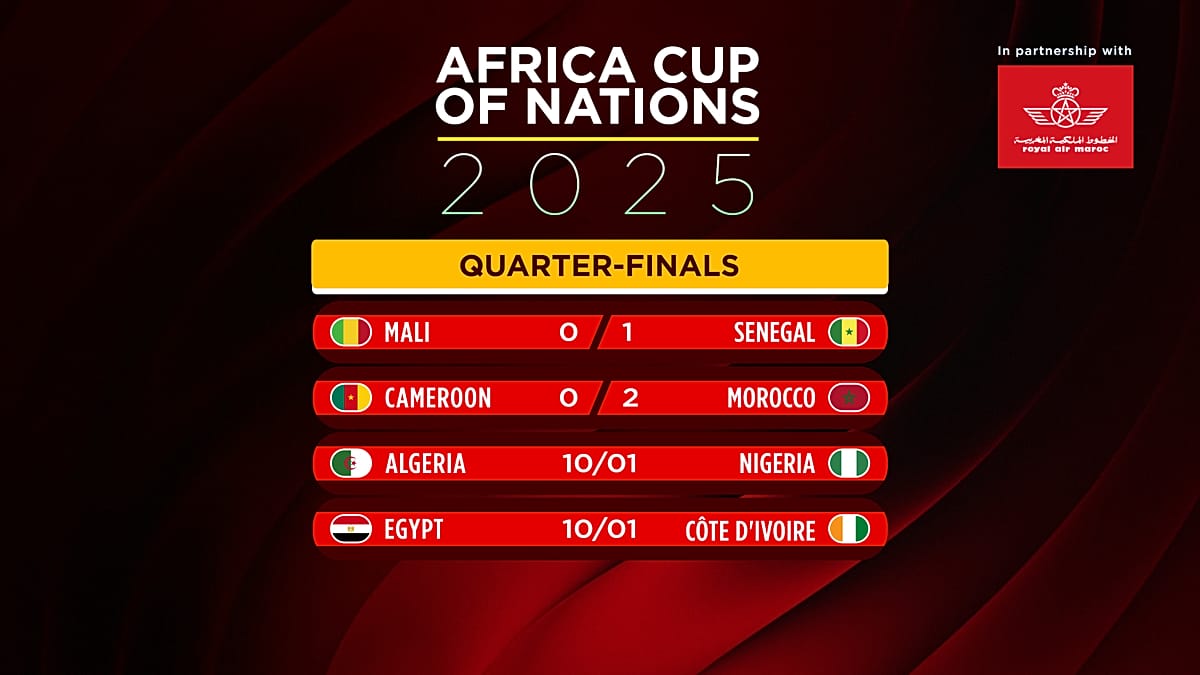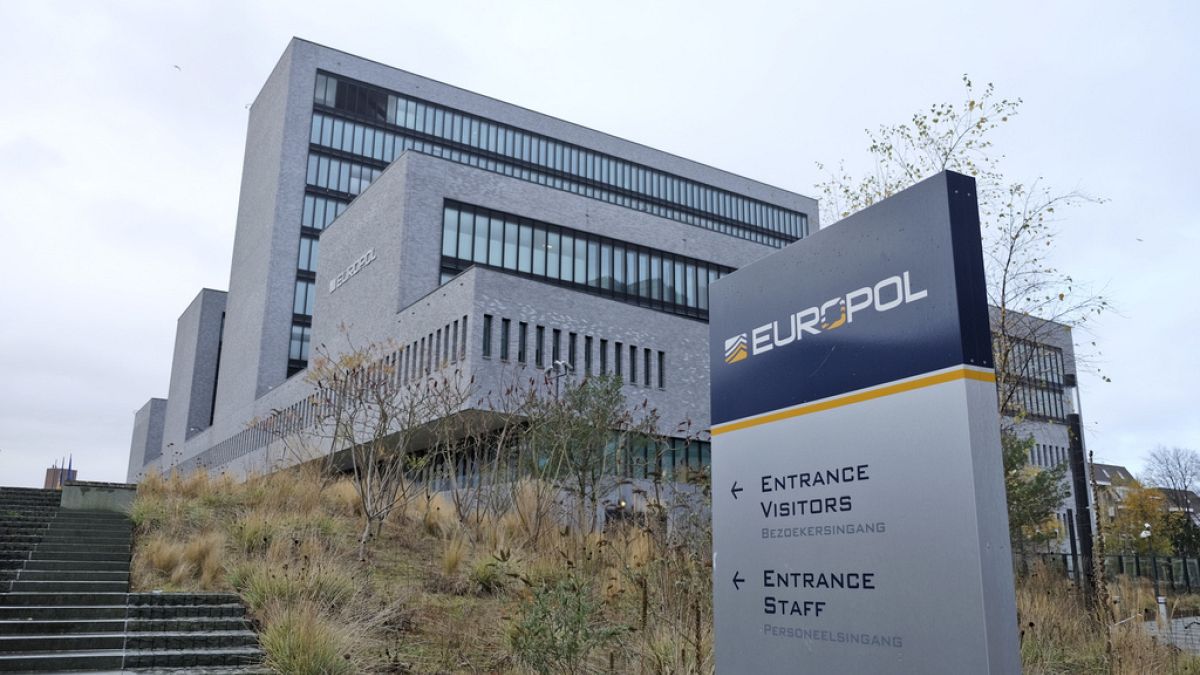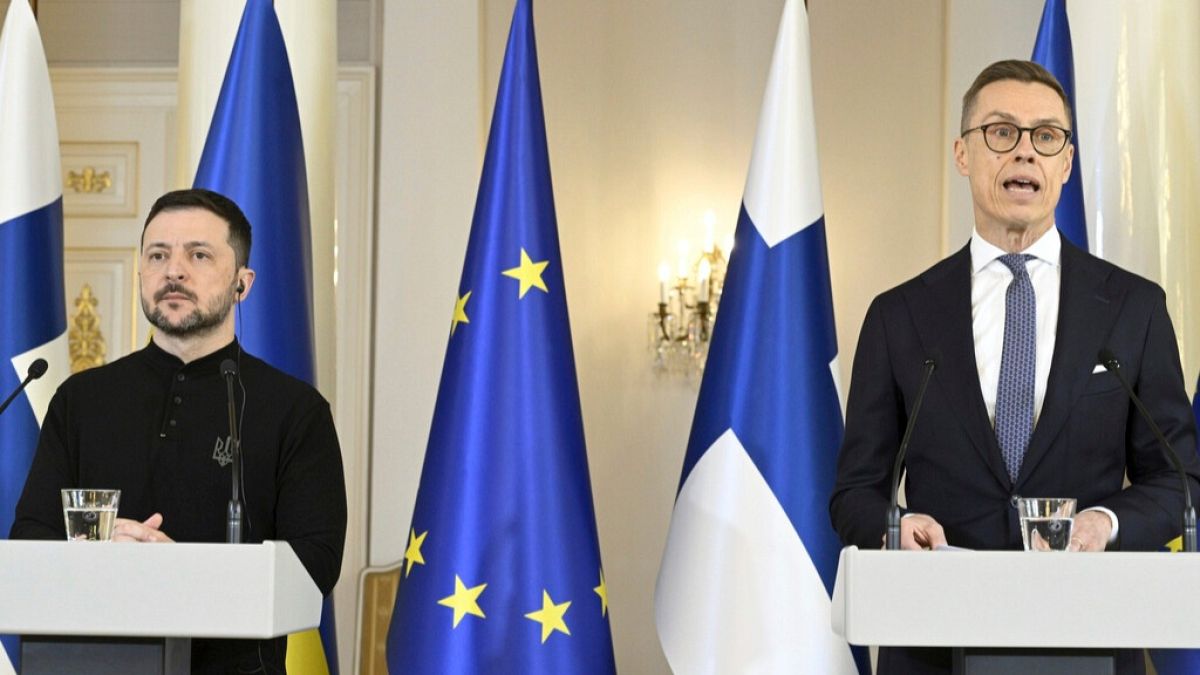BE-Albania reviews progress with the Growth Plan

The European Union and the Government of Albania held the first meeting of the Monitoring Commission of the Instrument for Reform and Growth in Tirana, a key element of the EU’s Growth Plan for the Western Balkans. The focus was on how Albania is implementing the reforms that will bring it closer to the European Union and unlock investment opportunities of up to 922 million euros, providing tangible benefits for citizens even before the country’s membership in the EU.
The meeting was co-chaired by Sigrid Brettel, Head of Unit at the Directorate-General for Enlargement and Neighbourhood Policy of the European Commission, and Eridana Çano, National Coordinator of Albania for the Instrument for Reform and Growth and General Director of the State Agency for Strategic Programming and Aid Coordination.
Representatives from independent institutions, civil society, the academic world, international financial institutions from the private sector, and the diplomatic community also participated.
Albania’s Reform Agenda is closely linked to the EU membership process, designed to provide early membership benefits, bring the country closer to the EU Single Market, and strengthen regional cooperation.
Every key achievement of the reforms unlocks EU financial support under the Instrument for Reform and Growth, which, together with pre-accession IPA funds, will further boost Albania’s integration path.
The Commission reviewed Albania’s progress from July 2024 to June 2025, which is currently being assessed by the European Commission, while a full assessment is expected in October. If all reform steps are met, Albania could expect a new grant payment from the Commission, following the preliminary funding of 64.5 million euros allocated so far.
Brettel from the European Commission praised the work of the Albanian administration at all levels in achieving reform objectives. “Now is the time for Albania to double down on reform implementation. By demonstrating its ability to plan, implement, monitor, and deliver results, Albania is showing that it will have the capacity to handle complex EU financial instruments on its future path,” she said.
Çano emphasized that the Instrument for Reform and Growth is more than just a financial package; it represents a new governance model built on cooperation, transparency, accountability, and dialogue.
The government presented the monitoring and auditing systems it has created to ensure that funds are managed effectively and transparently, as well as its plans to strengthen communication with citizens.
Participants reiterated their strong commitment to ensuring that the Reform Agenda is successful, as well as emphasized the need to accelerate reforms and investments to advance Albania’s path towards EU membership.
The EU Growth Plan for the Western Balkans aims to bring Albania and other countries in the region early membership benefits in the EU – such as access to the European Single Market and integration into the regional common market – by advancing key reforms.
Through the Instrument for Reform and Growth, Albania can receive up to 922 million euros in loans and grants, depending on how successfully it implements its Reform Agenda.
These reforms address some of Albania’s biggest challenges: the fight against corruption and organized crime, reducing informality in the economy, strengthening the judiciary, improving education and skills, modernizing infrastructure, and supporting energy and digital transitions.
The EU Growth Plan for Albania is an integral part of the overall EU integration process and ongoing negotiations for EU membership. (September 26)

